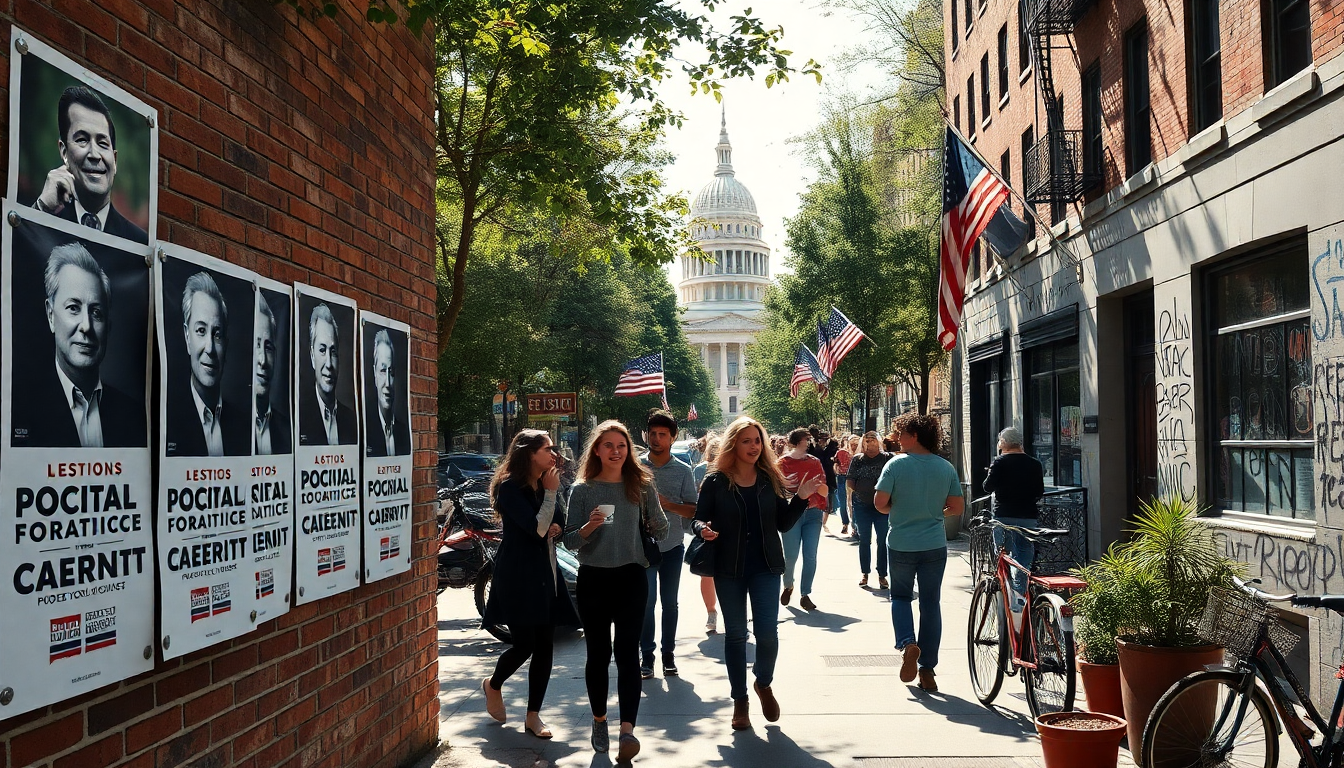Table of Contents
In today’s political landscape, the relationship between personal wealth and public perception often ignites lively debates and scrutiny. Take the case of New York City mayoral candidate Zohran Mamdani, for example. His situation perfectly illustrates the challenges that come into play when privilege encounters activism. While his background hints at substantial family wealth, his financial disclosures tell a different story, raising important questions about authenticity and transparency in political representation.
Financial Disclosures and Political Narratives
Recently, Mamdani, who refers to himself as a “nepo baby,” revealed that he has just $2,000 in his bank account, despite earning $131,000 annually as a state lawmaker. This stark contrast is hard to ignore, especially considering his family’s financial background. With a celebrated filmmaker for a mother, Mira Nair, and a distinguished Columbia University professor for a father, Mahmood Mamdani, one might wonder how his claims of financial struggle hold up against such privilege.
What’s even more puzzling is that Mamdani’s financial disclosures show no investments or properties in the United States. The only asset listed is a piece of land in Uganda, valued between $150,000 and $250,000, which he acquired ten years ago. This absence has led critics to question the authenticity of his financial narrative, suggesting that his image as a champion of the people might be more of a performance than a genuine representation.
Political strategist Hank Sheinkopf hit the nail on the head when he said, “If anybody believes that Mamdani is a poor person, they need to see a psychiatrist.” Such comments highlight the skepticism surrounding Mamdani’s story, particularly when weighed against his family’s affluent lifestyle and connections.
The Implications of Privilege in Political Discourse
The examination of Mamdani’s wealth goes beyond just numbers; it taps into a larger conversation about privilege in politics. Critics argue that his efforts to present himself as a voice for the underprivileged come across as disingenuous, given his background. This situation prompts us to consider: how authentic are political figures who leverage struggle narratives while enjoying the benefits of substantial family wealth?
Furthermore, the rules surrounding financial disclosures complicate the picture. Politicians aren’t required to report personal savings accounts or family trust funds, which can create a skewed perception of their financial reality. This loophole allows individuals like Mamdani to craft a public image that may not truly reflect their economic situation.
As awareness of these discrepancies grows, there’s a rising call for stricter disclosure requirements to enhance accountability and trust in the political system. With voters becoming increasingly discerning, how candidates navigate these intricate narratives could ultimately shape their electoral fortunes.
Balancing Personal History with Public Role
Mamdani’s backstory as a former rapper and his self-described identity as a “B-list” artist adds another intriguing dimension to his public persona. This artistic background, combined with his political aspirations, suggests a strategic effort to resonate with broader cultural narratives. However, moments like his recent hand-eating stunt—criticized as performative—raise eyebrows about the sincerity of his connection with the communities he claims to represent.
In politics, striking the right balance between personal history and public role is crucial. While drawing on personal experiences can enrich a politician’s story, it can also lead to accusations of inauthenticity if their perceived struggles don’t align with their financial reality. As Mamdani continues his campaign, the challenge remains: how can he share a relatable narrative without alienating voters who might see through the facade?
Ultimately, the intricate dynamics of wealth, privilege, and authenticity in politics demand ongoing discussion. As the electorate becomes more aware of these complexities, we might see a shift in the political landscape, one that calls for greater transparency and accountability from those in power.


